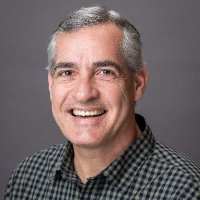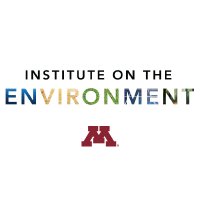
Deepak Ray
@raydeepakk
#FoodSecurity, #ClimateChange, #Agriculture, #LandUse, #Environment #Policy. Wishing for a livable safe planet for all!
ID: 2887412764
http://environment.umn.edu/staff/deepak-ray/ 21-11-2014 21:46:21
679 Tweet
430 Takipçi
131 Takip Edilen




Wonder what Dr. Jonathan Foley will be keeping an eye on when it comes to #climatechange in 2024? Curious about new initiatives on the horizon for Project Drawdown? You don't want to miss next week's webinar! Sign up NOW: us02web.zoom.us/webinar/regist… #climateaction #climate #COP28



Temporal changes in crop yield gaps showing where they are increasing (i.e. expanding red color areas) and decreasing (more green areas) led by @jsgerb with Nathan Mueller Paul West Lindsey Sloat and others nature.com/articles/s4301… and commentary by Davis et al in Nature Food



Passionate about tackling climate change through innovative agricultural solutions? Join us at Carnegie Science at #Stanford as a #postdoc ! Conduct research on climate impacts, adaptation, and mitigation in agriculture jobs.carnegiescience.edu/jobs/postdocto…

The Food and Agriculture Organization misused my research to publish findings with a pro-meat bias ⚠️ The organization has been outdoing itself to distort the impacts of dietary change on the environment 🧵 theguardian.com/environment/20…




In our recent webinar, experts shared key insights on the latest innovations in global cropland mapping & their importance in transforming global food systems to accommodate a growing population. Watch the full webinar here: bit.ly/4bZKWL8 Bezos Earth Fund IFPRI Food and Agriculture Organization



If you wondered about the cropping systems of South Asia - here's the map mdpi.com/2886420 #mdpiremotesensing via Remote Sensing MDPI great work done by Dr Gumma from ICRISAT. My contribution supported by Land & Carbon Lab U of M Research Institute on the Environment UMN



Potential to reduce GHGs across beef sector is up to 30% under adoption assumptions, largely driven by opportunities in the grazing stage Nature Food rdcu.be/dSsQj work led by Rylie Pelton and the Foods3Team of Institute on the Environment UMN






